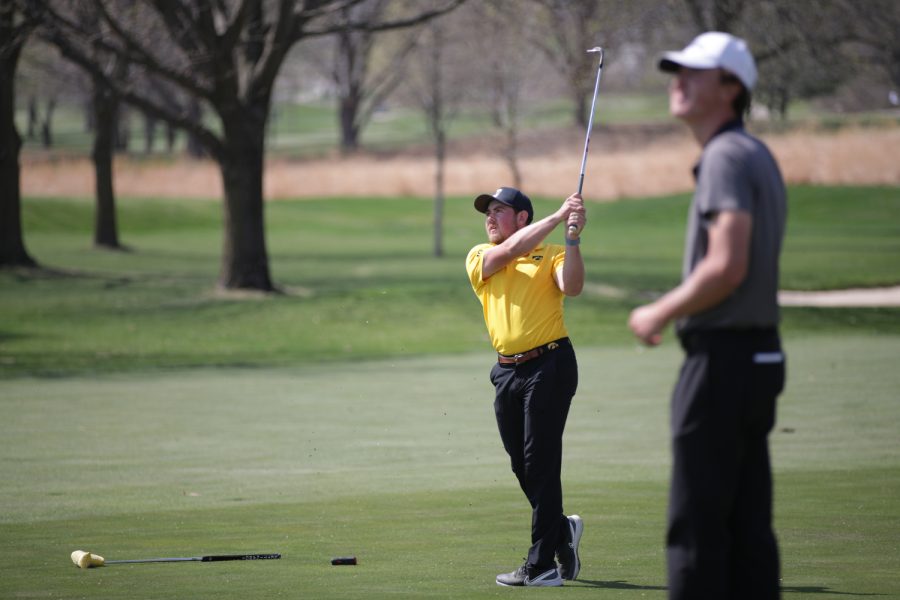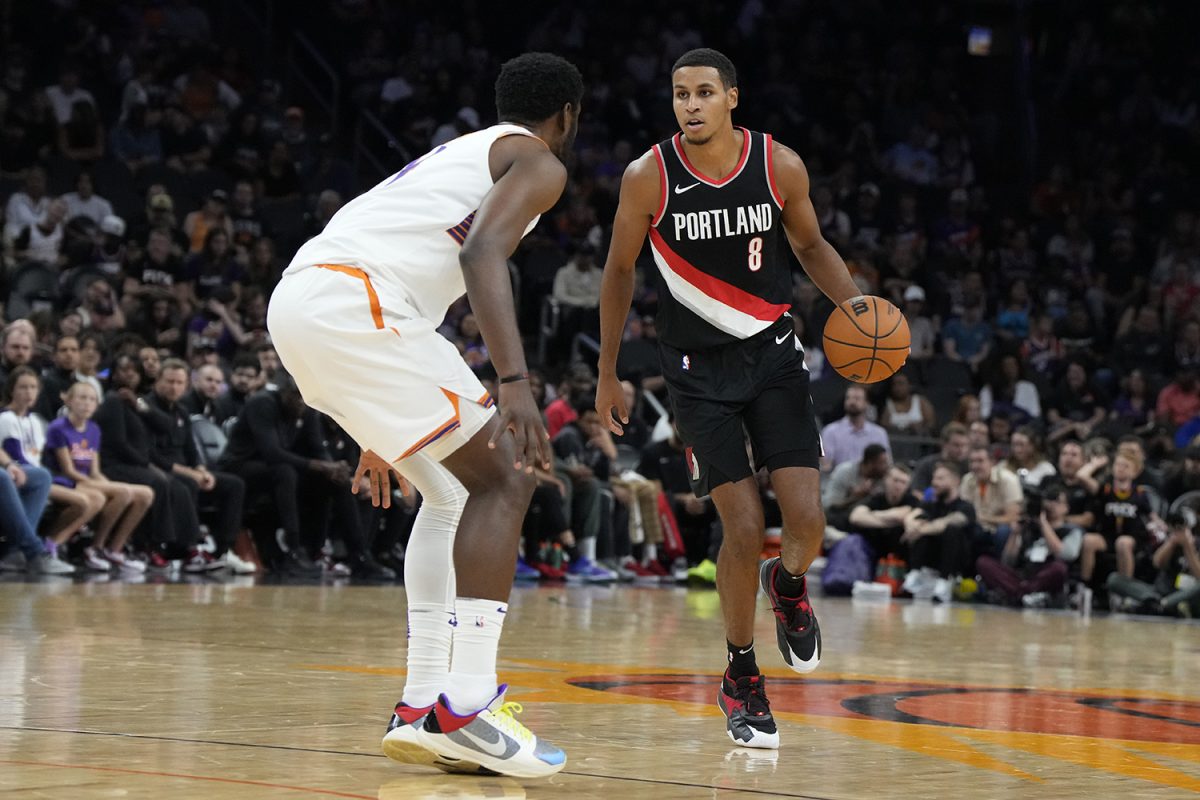As soon as heavy underdogs Stanford and Mercer presumably ended the college careers of Andrew Wiggins and Jabari Parker, everyone with a keyboard and a Twitter account took to social media to disclose their personal views of the polarizing “one and done” rule.
A lack of experience, assertiveness, and effort were cited as reasons both Kansas and Duke were eliminated early.
NBA- and NCAA-based complaints then started to emerge. Players should stay because they’re not ready to make the jump and/or players leaving early are watering down the level of competition in college basketball, claimed the NCAA’s mouthpieces.
Household basketball names such as Charles Barkley, first-year NBA Commissioner Adam Silver, and Bob Knight have aired their issues with the current rule that disallows players from jumping straight to the NBA out of high school. And the insensitive and increasingly intolerable Knight went as far to say the rule has “raped” college basketball.
But what’s missing from the mainstream discussion is support for players — you know, the ones who risk millions playing for free while simultaneously making the NCAA and its institutions millions every March.
The ironic aspect of it all is that NBA teams are trotting out laughable rosters just to ensure they have the best possible chance at landing these “inexperienced and unseasoned” superstars in this year’s draft.
And those who believe short-term college players kill a program’s chance at success don’t realize John Calipari and his “one and done” based recruiting strategy has the Kentucky Wildcats one win away from its fourth Elite Eight appearance in the last five years.
This week, Tom Ziller of SBNation.com wrote wrote about the self-serving NCAA head coaches who try to guilt players into believing they need an extra year of unpaid seasoning in the college ranks before making the jump to the pros.
“The past four days proved college basketball doesn’t need stars to be entertaining. And the stars sure as hell don’t need college basketball,” Ziller said after the tournament’s first weekend.
Ziller also went on to explain that many of the NBA’s stars didn’t see any benefit from playing at the amateur level.
“Look at last season’s All-NBA team. These are the league’s top 15 players,” Ziller wrote. “… Out of the top-15 players in the NBA last season, we have a grand total of one NCAA title, four Final Fours, and eight Sweet 16s. Tell me again why we’re supposed to be down on Wiggins and Parker?”
The NCAA wants more control of “one and done” players because if their teams happen to make a deep run, more eyes are glued to CBS’ coverage of the games, thus increasing advertisement revenue.
Players such as Wiggins and Parker see no benefit from their time at school. And if anyone in any other profession decided to drop out of school for a fat signing bonus and a guaranteed contract, no one would bat an eye.
Either give unpaid and underappreciated stars a reason to stick around campus, or stop complaining when they jump at the opportunity to secure a stable financial future.
Wiggins and Parker, based on the limited sample we saw from their time at Kansas and Duke, have the ability to become all-stars in the NBA for at least the next decade. But whether that potential is reached is irrelevant in regards to the option of leaving school early.
The NCAA needs stars to grow its brand, not the other way around.






